Can we talk about desires? It’s a subject that can generate quite a bit of confusion, especially for people on a spiritual path. What is like making peace with desires?
I just finished reading a book written by a best-selling author whose writing style I love and whose perspective I often find reassuring. Her deeply held conviction about personal desires is that they should be surrendered to the Divine so they can be softened into preferences, with a release of all attachment to their outcomes.
My deeply held conviction is somewhat different, even though I appreciate the great wisdom in her teachings, which are founded in ancient sacred texts of yogic philosophy.
I’ve come to understand that all spiritual texts reflect the particular stages of cultural, emotional and spiritual evolution of the times in which they are written. Their points of emphasis reflect what is needed at that time and in those contexts, which may not be fully relevant in ours.
True spiritual wisdom is alive and accessible in every moment, by every person. And while ancient texts may be immensely helpful as catalysts for remembering deeper truths, they can also be misleading, especially when you factor in errors of interpretation and translation over the centuries. Even perfectly chosen words such as “surrender” and “detachment from outcomes” can obscure the nuances of clarity and meaning that were intended.
Related: 7 Signs You Need Immediate Emotional Healing
I believe we serve ourselves best by learning to recognize, trust and honor our own inner knowing, perhaps stimulated by ancient texts but without giving our power away to them. Whether it’s the Bible, the Bhagavad Gita or your Aunt Fannie’s kitchen-table wisdom, you have the freedom, the right and the self-responsibility to discern and embrace only the aspects of those teachings which resonate deeply with you.
That’s true, of course, with what I offer as well.
In that spirit, I’d like to share with you my perspective on desire in the hope that it will enhance your own clarity and allow you to feel at ease with your desires. Take what feels right and let everything else go.
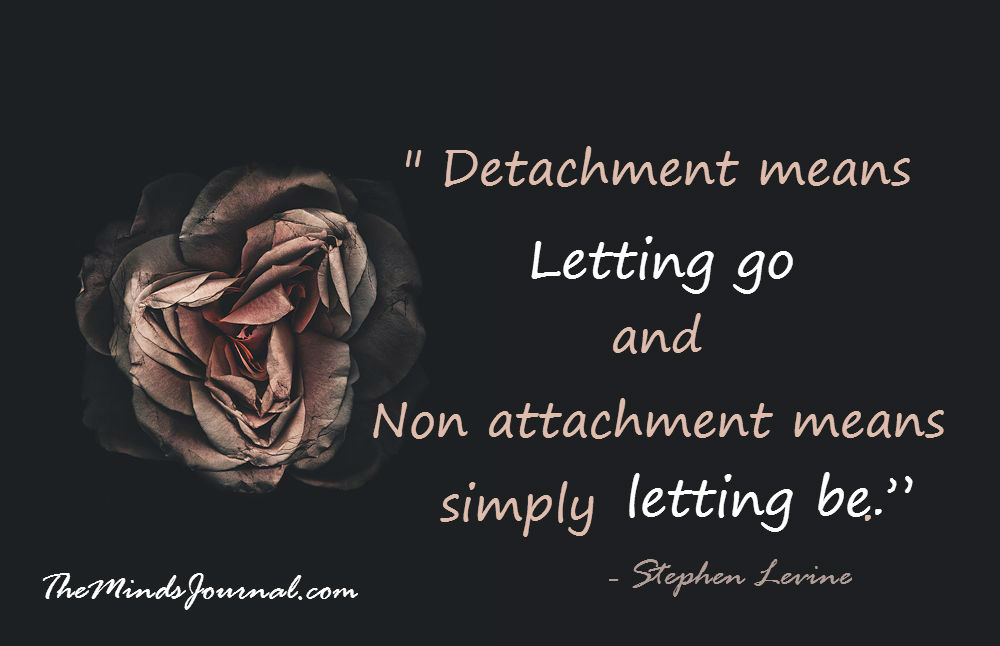
Desires + Detachment
So, let’s get back to the idea of detaching from outcomes and surrendering all desires to the Divine so they can be softened into preferences. As I was reflecting on this in my journal, I wrote that I agree that attachment to desires (and desired outcomes) isn’t helpful – but not because our personal desires are inherently inappropriate or selfish, which is often how the nonattachment principle is interpreted.
To attach means to join separate things, and that is the crux of the problem with attachment. When we feel ourselves to be separate from our desires, it’s the same as feeling ourselves to be separate from Source (the Creator, the Divine, the Universe, God – whatever name feels right to you). And it is the belief in separation from the Source of life that causes all pain.
In the remembering of who we are as extensions or expressions of Source – whose eternal impulse to create is the very essence of desire – we merge with our desires, recognizing them as our own impulse to create and express more and more of who we are. It is in saying YES! to our desires, becoming one with them and honoring them for the Divine inspirations they are, that we become a conduit for their realization.
What we need to let go of – to fully detach from or deactivate – are our judgments, fears and doubts.
Related: How Mindfulness Can Help You Let Go Of Past Hurts and Heal Yourself
I believe desire sometimes get a bad rap in spiritual circles because many people, in believing they are separate from Source and feeling an inner void because of that belief, think they can fill the void with material things. As they come to realize that the desire and pursuit of material gain is often a hollow one, personal desires can be viewed as immature or misguided.
But what’s easy to overlook is that the purpose of things we desire from a place of feeling separate from Source is different than the purpose of things we desire from a place of alignment with Source, even if those things appear to be the same on the surface. The problem isn’t with the desire, it’s with the false belief in separation from Source.
Here’s an example of what I mean. A young woman who is insecure and wants desperately to be liked by others might desire certain clothes so that she fits in with the group. The desire for clothes is coming from an inner place of feeling somehow “less than,” or that there’s something wrong with her, which means she’s not aligned with Source; she doesn’t understand her true Divine nature.
She may experience initial pleasure with the clothes and a relieved sense of belonging in the group, but over time, if she doesn’t find her sense of belonging with Source, she may continue to buy physcial things in a misguided attempt to fill a non-physical void which is caused by not understanding who she really is.
Another young woman, grounded and confident, has a gifted sense of color and texture, and she knows what kinds of things she feels really good in. She loves clothes as an expression of who she is and experiences great delight in wearing them. She’s buying clothes not to fill a void, but to express the fullness of who she is.
In this example, the purity and life-giving nature of desire is fulfilled through the confident woman’s embrace of her unique gifts, and it’s distorted by the insecure woman’s false beliefs in being “less than” the others.
This is true for all of us. It is only our self-judgment and self-doubt that compromise the fullness of experience our natural desires are leading us to.
If the confident woman, free of self-judgment, was exhorted to surrender her passion for clothes to the Divine so it could be softened to a mere preference, that would serve only to diminish her trust in herself and in the natural, life-giving flow of energy that desire gives us.
On the other hand, if the insecure woman was encouraged to surrender her desire for clothes to the Divine – and was guided through that process – she could recognize that it came from fear. She could begin to connect with her own Divine nature and learn to recognize her genuine gifts and desires.
I’ve worked with countless people who, like the confident woman who might have been encouraged to tone down her passion, have heartfelt desires to create, share or experience something that really lights them up – in other words, something that would allow them to experience more of their divine spark – yet they doubt the desire itself, thinking in many cases that it’s selfish to want something for themselves.
I’ve also worked with people who are so single-minded in their very specific desire for something that they’re constantly disappointed it isn’t showing up the way they want it to. The specificity of the desire, and their rigid focus on it, is usually an indicator that it’s arising from a place of fear or insecurity: they believe they’re not “okay,” in some way, and that they need whatever they want to prove otherwise to themselves. Just like the insecure young woman in our example.
Related: Know What Your Heart Truly Desires According to Numerology
So where does that leave us?
That’s a question that could take countless books and lifetimes to answer, but here’s a place to start if you’re either doubting your desires or feeling intense frustration that they haven’t yet materialized:
1. First, never judge your desires. Even if they arise from a place of fear, judging yourself can only diminish you further.
2. With an open heart and a sense of genuine curiosity, ask yourself why you want what you want. The purpose of this question is NOT to justify or defend what you want. It’s to gain clarity about what gave rise to it.
3. If you realize that your desire stems from a sense of fear or unworthiness or a need to prove yourself, drop deeply within and feel what you really want – perhaps a genuine sense of being loved and supported, or being respected, or being at peace – and let that be the desire you embrace with all your heart.
4. If you recognize that your desire arises not from fear but from a life-affirming impulse to experience and express more of who you are, say YES! to it and embrace it with all your heart.
Now you can turn it over to the Divine – not to simmer it down to a mere preference, but to elevate and celebrate it. Offer appreciation for the desire itself, which arises from the heart of the Creator, and open to guidance about any steps that are yours to take in realizing it. That’s how you make peace with desires.
Related: Hidden Desires Of Each Zodiac Sign
I understand that your desires may not fall neatly into the steps and categories I’ve outlined, but I hope you get the larger point of treating yourself and your desires with respect, and continually opening yourself to greater clarity and guidance about them without judgment.
One more thing – embrace without question your desires for states of being such as joy, peace, generosity, delight, satisfaction, ease, focus, openness, light-heartedness, etc. Declare them to be your intentions and let the magic happen. Anything you could possibly want in the material world can flow to you much more easily from a quality of consciousness that harmonizes with your inner divinity – even if you didn’t know you wanted it.
And remember always, you are a one-of-a-kind, brilliant being whose heartfelt desires express the glorious truth of who you are. Let them sparkle and shine.
I would love to hear from you! Please share your thoughts in the section for Comments, below. Thank you!
Written by: Suzanne Eder
Originally appeared on: Suzanne Eder
Republished with permission
Reserve your free 25-minute consultation with Suzanne by emailing her at [email protected]. Please use the words “Free consultation” in the subject line.



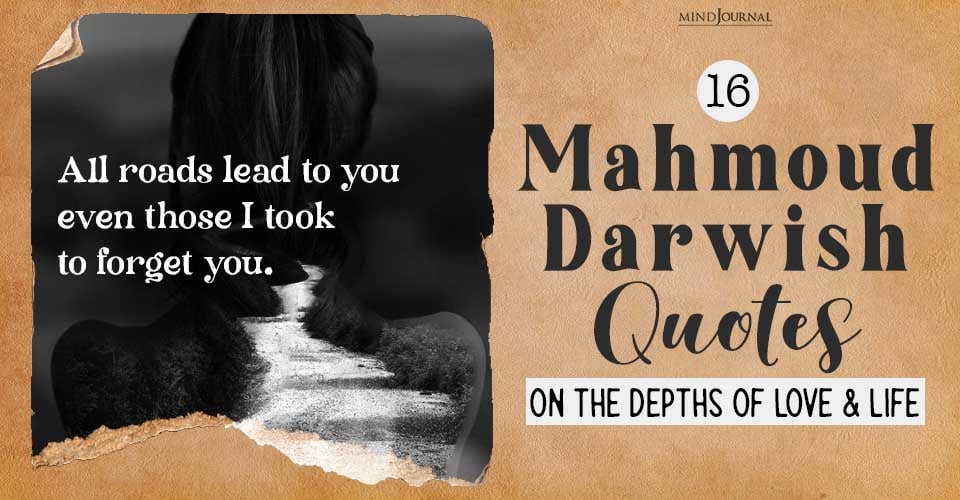
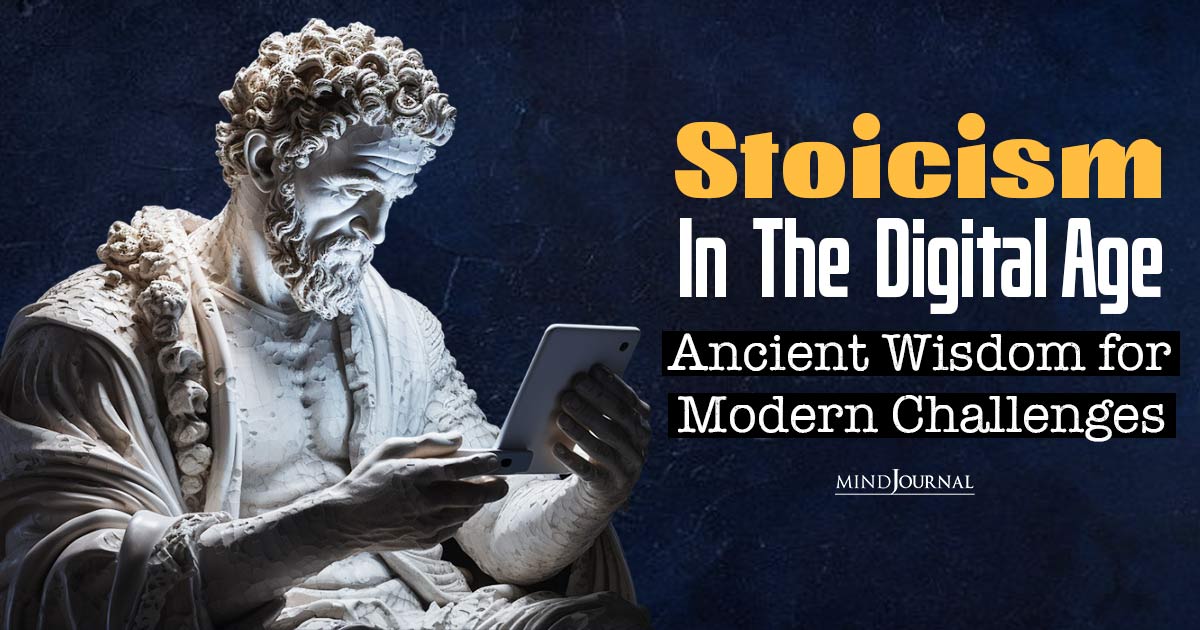

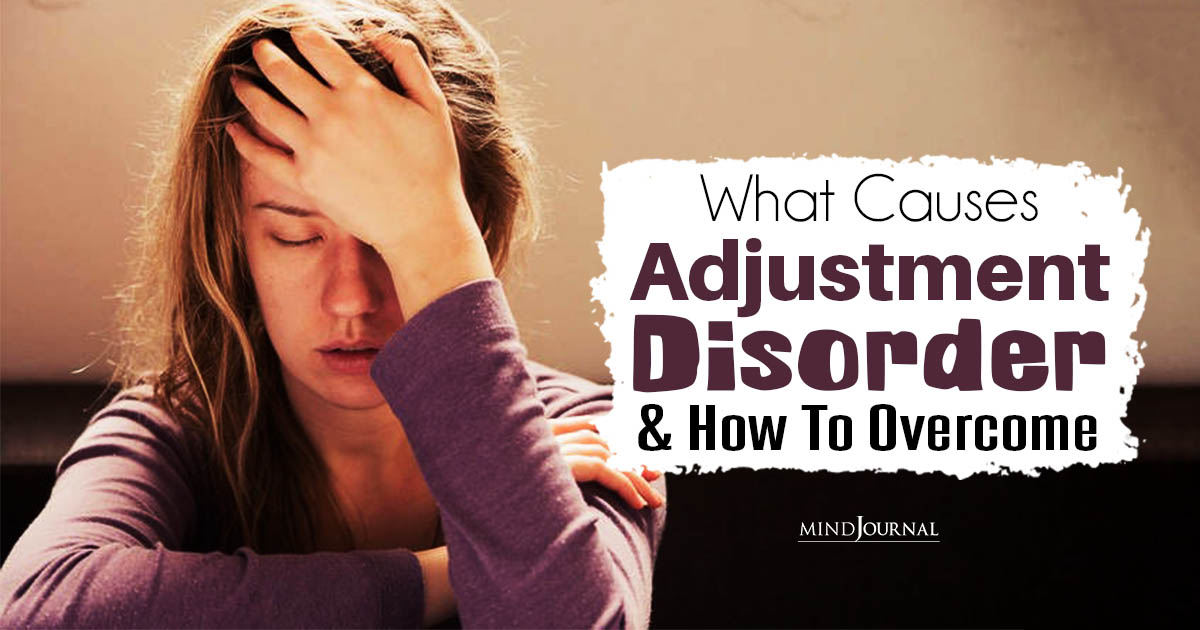
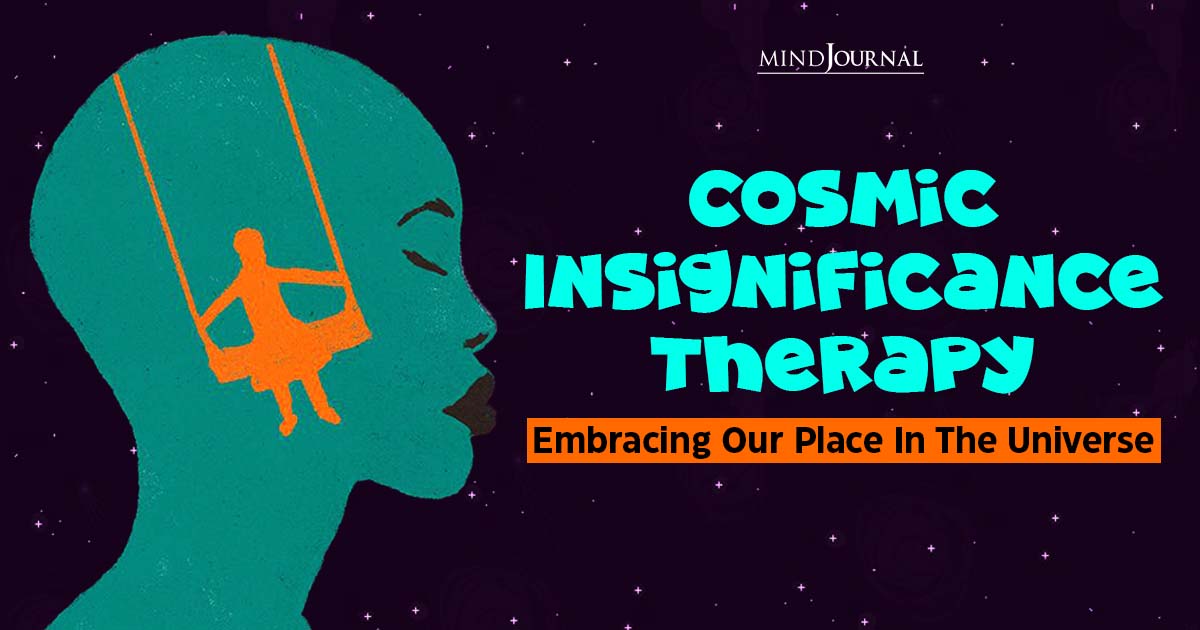
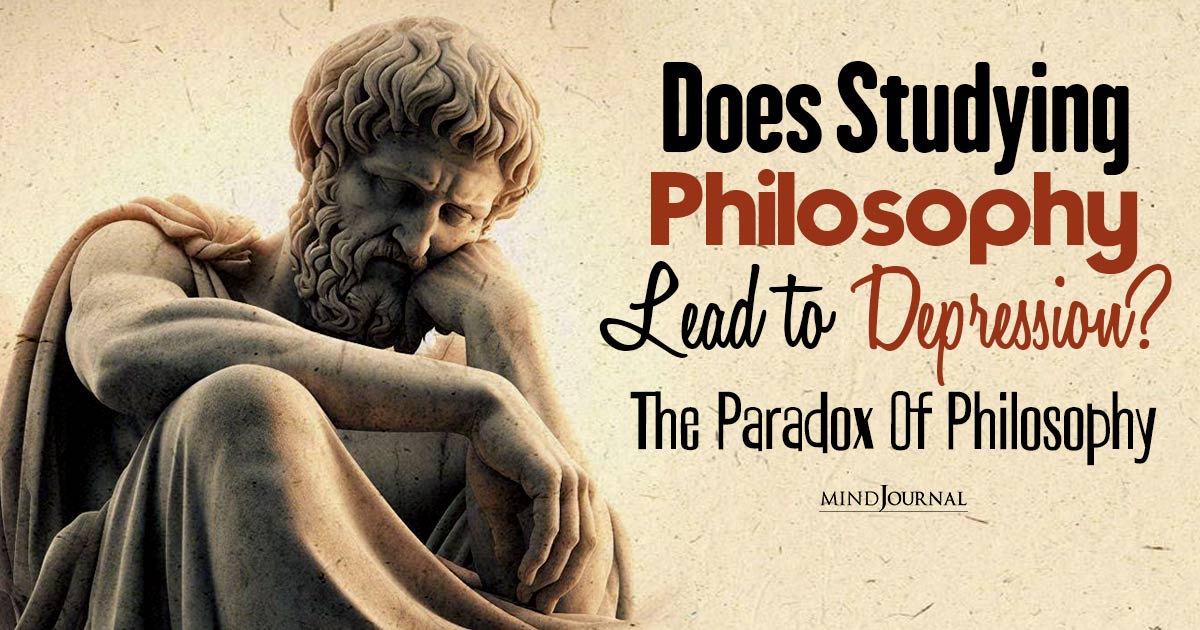
Leave a Reply